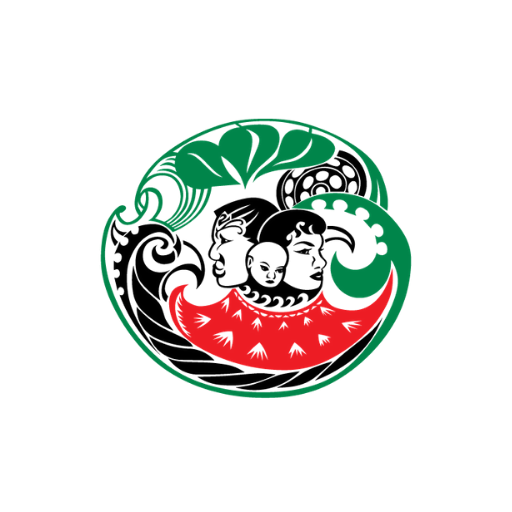
Hōkai Rangi
Hōkai Rangi represents a new strategic direction for the Department of Corrections to work alongside the community and whānau. It purposely takes advantage of good things that are already happening in the community and addresses the chronic housing needs of vulnerable prison populations.
The home of Hōkai Rangi and Housing First is the trusts community response to work with the Department of Corrections to safely transition Māori from prison back into their community of choice.

